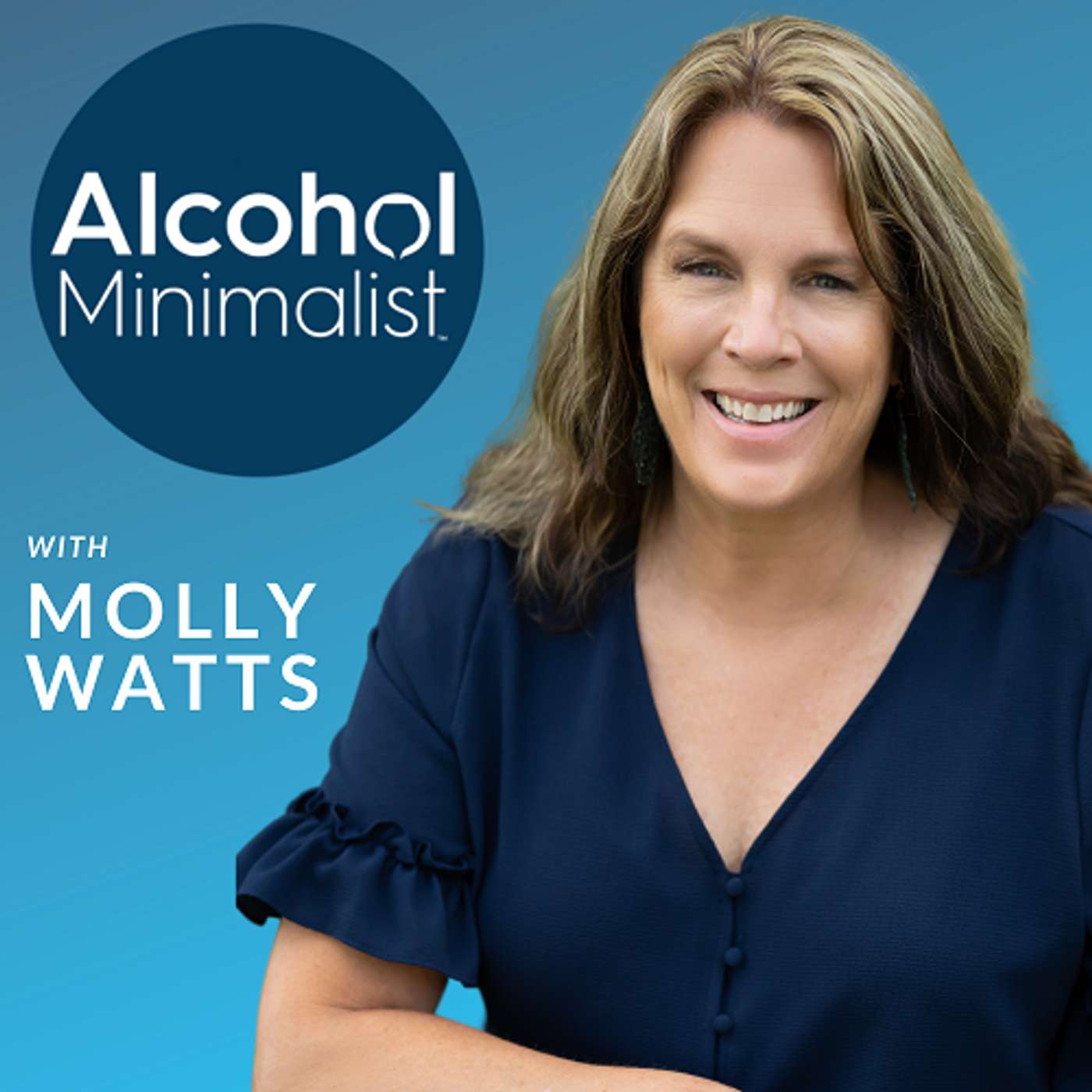
Alcohol Minimalist: Change Your Drinking Habits!
The Sinclair Method of Reducing Alcohol Consumption with Katie Lain
03 Nov 2021
This week on the episode I'm talking with Katie Lain all about the Sinclair Method. Katie is a coach and mentor for the Sinclair Method and our conversation covers: * Katie's own journey changing her relationship with alcohol using Naltrexone and the Sinclair Method *What is the Sinclair Method * Why it helps people cut back *The Sinclair Method Community Learn more about it at TSM Community Find Katie on YouTube Buy Breaking the Bottle Legacy: How to Change Your Drinking Habits and Create A Peaceful Relationship with Alcohol on Amazon. US Kindle US Paperback UK Kindle UK Paperback Join my private FB group Alcohol Minimalists here: https://www.facebook.com/groups/changeyouralcoholhabit Has this podcast helped you? How about leaving a review: Itunes Follow me on Instagram: @AlcoholMinimalist You can grab two free chapters of my upcoming book here! Have you grabbed your free e-book, "Alcohol Truths: How Much is Safe?" Get it here. Low risk drinking guidelines from the NIAAA: Healthy men under 65: No more than 4 drinks in one day and no more than 14 drinks per week. Healthy women (all ages) and healthy men 65 and older: No more than 3 drinks in one day and no more than 7 drinks per week. One drink is defined as 12 ounces of beer, 5 ounces of wine, or 1.5 ounces of 80-proof liquor. So remember that a mixed drink or full glass of wine are probably more than one drink. Abstinence from alcohol Abstinence from alcohol is the best choice for people who take medication(s) that interact with alcohol, have health conditions that could be exacerbated by alcohol (e.g. liver disease), are pregnant or may become pregnant or have had a problem with alcohol or another substance in the past. Benefits of “low-risk” drinking Following these guidelines reduces the risk of health problems such as cancer, liver disease, reduced immunity, ulcers, sleep problems, complications of existing conditions, and more. It also reduces the risk of depression, social problems, and difficulties at school or work. ★ Support this podcast ★
No persons identified in this episode.
This episode hasn't been transcribed yet
Help us prioritize this episode for transcription by upvoting it.
Popular episodes get transcribed faster
Other recent transcribed episodes
Transcribed and ready to explore now
#2425 - Ethan Hawke
11 Dec 2025
The Joe Rogan Experience
SpaceX Said to Pursue 2026 IPO
10 Dec 2025
Bloomberg Tech
Don’t Call It a Comeback
10 Dec 2025
Motley Fool Money
Japan Claims AGI, Pentagon Adopts Gemini, and MIT Designs New Medicines
10 Dec 2025
The Daily AI Show
Eric Larsen on the emergence and potential of AI in healthcare
10 Dec 2025
McKinsey on Healthcare
What it will take for AI to scale (energy, compute, talent)
10 Dec 2025
Azeem Azhar's Exponential View